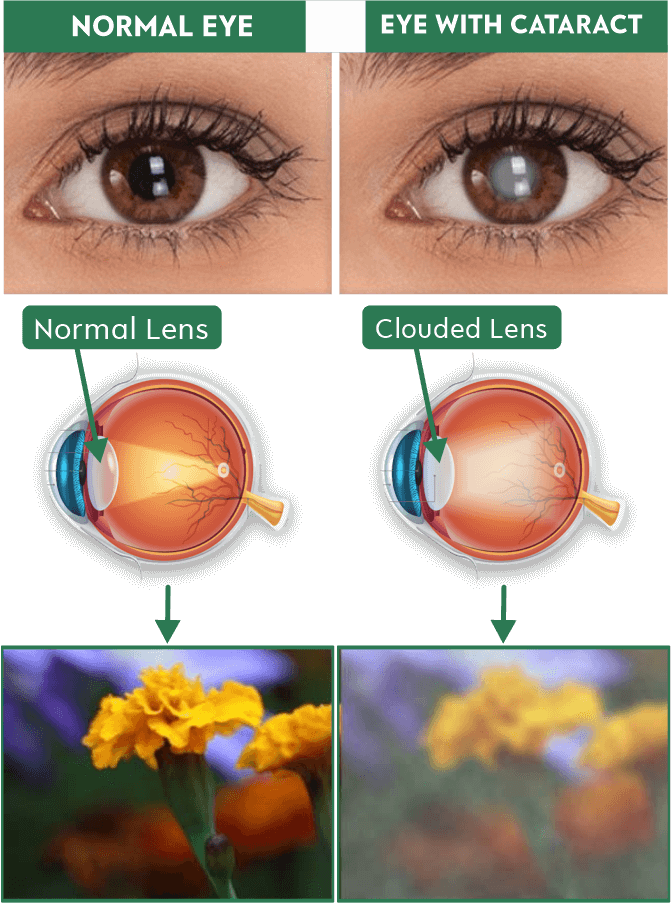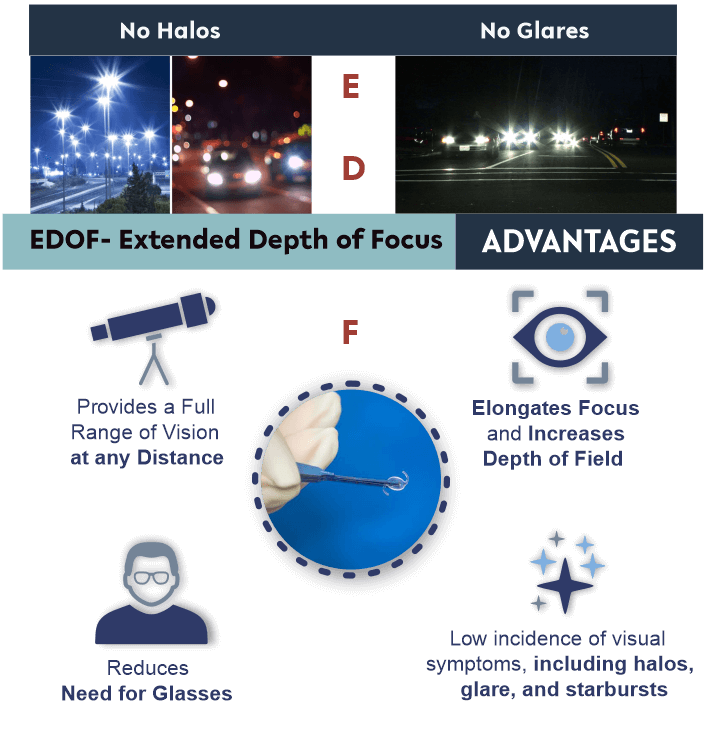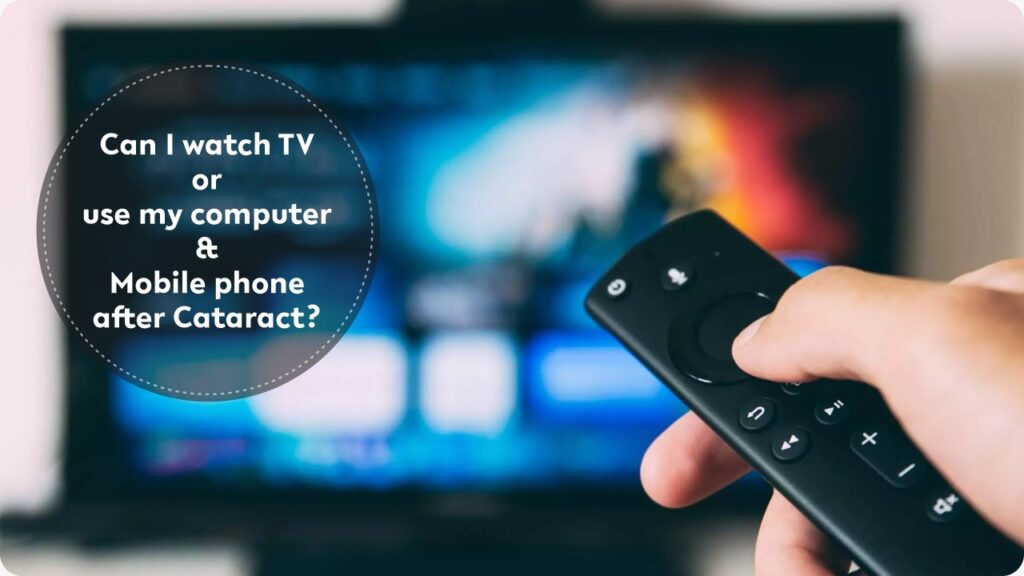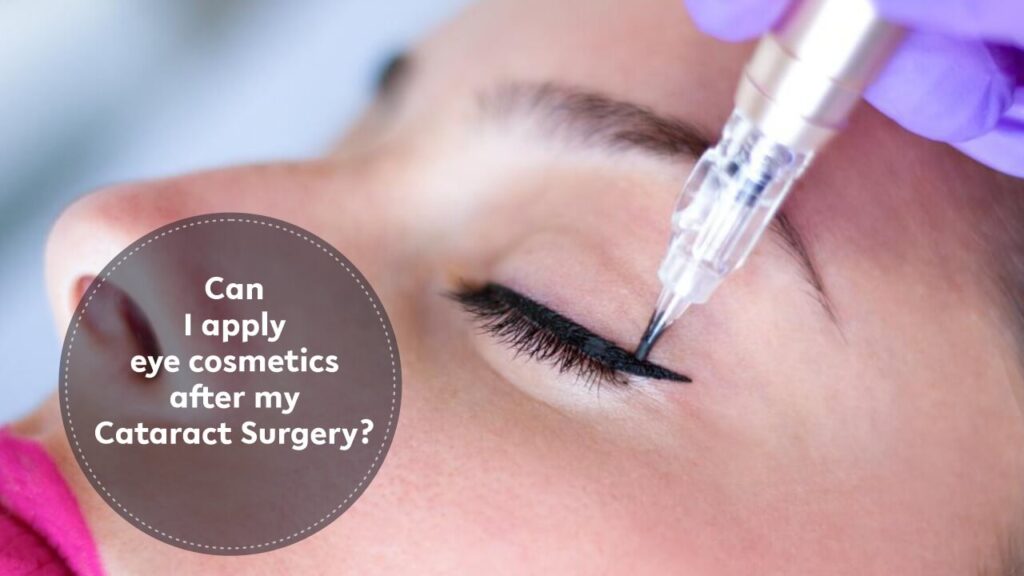
CATARACT
A cataract ( Motiyabind in Hindi) is clouding the human eye’s natural lens, gradually making seeing difficult. Cataracts are a common eye problem, especially in older people, and can cause blurred vision, glare, and trouble seeing at night. Cataracts can be fixed by a minor surgical procedure, taking out the cloudy lens and putting in an artificial one.
Are cataracts found only in older people?
No Cataracts can happen to anyone but most often in older people. Some people are born with cataracts (congenital Cataracts), while others get them during trauma, getting sick, or being exposed to certain toxins.
Is cataract surgery serious?
Cataract surgery is widespread and is usually safe. But, as with all eye surgeries, there are risks like Infections, bleeding, and problems with the incision healing that can have complications if the surgical standards are poor. Moreover, in rare cases, more severe issues like retinal detachment or blindness can happen. Hence it all depends on the skill of the eye surgeon and the quality of surgical instrumentation and medical-grade sterilization.
Who needs cataract surgery?
Persons with cloudy or opaque spots on the eye’s natural lens that can make it hard to see are advised to get cataract surgery. Most people with cataracts have trouble seeing at night, have difficulty with light glare, and have double vision. When these symptoms appear to get in the way of a person’s daily life and quality of life., cataract surgery is advised. Furthermore, the size and location of the Cataract and the patient’s overall health and eye health may also play a decisive role in surgery.

How much does a cataract surgery cost in Punjab, India?
Cataract surgery costs can range from relatively low to high depending on several factors. For example, cataract surgery in Punjab, India, can cost anything from 8,000 to 150,000 Indian Rupees. As a rule of thumb – the higher the cost, the better the results.
Costing factors include the Cataract technique adopted by your surgeon, like, with Blade or without Blade, standard Cataract or advanced Robotic Cataract, and most importantly, the type and quality of interocular Lens (IOLs) you want to implant. IOL comes with a wide range of Vision solutions like monofocals, multifocal, Torics, and EDOFS, besides imported and Indian versions. Furthermore, the skill and experience of chosen Cataract surgeon and hospital service stand also contribute to the final cost. Therefore, it is best to consult an ophthalmologist to get a more exact estimate based on your vision needs and lifestyle demands.
How to avoid getting a Cataract?
- Use protective eyewear: UV-blocking eyeglasses can help protect your eyes from the harmful radiation of the Sun, which can lead to the formation of cataracts.
- Eating a diet high in antioxidants and vitamin C may lessen your chance of acquiring cataracts.
- No smoking is a significant risk factor for cataracts and other eye disorders.
- Diabetes control. Regulating your blood sugar levels is essential to help decrease getting cataracts.
- Make a habit of periodical eye checkups. More the age, the increase the eye checkup frequency
How long does cataract surgery last?
Cataract surgery takes between 10 to 20 minutes. However, the time taken can change based on the patient and the procedure technique. For example, most modern robotic bladeless cataracts finish within 10 minutes. However, routine surgeries may go beyond 20 minutes in cases of hard nucleus cataracts. As a standard, cataracts are done under local anesthesia and on an outpatient basis, meaning the patient can go home the same day.
Is Cataract Surgery painful?
No, Cataract surgery is mostly painless. However, some patients may experience minimal discomfort if the surgeon uses the standard blade technique and the Cataract is complicated. During surgery, local anesthetic numbs the eye and surrounding area, relieving potential pain. Patients may suffer some eye irritation or itching after the surgery, although over-the-counter pain medication usually helps.
Modern All-laser robotic cataract procedures are 100% pain-free. Latest cataract technologies like FEMTO and SMILE have become significantly preferred choices among cataract patients as they offer painless and bladeless cataract surgeries with near-instant recovery.
What happens during cataract surgery?
During cataract ( Motiabind ) surgery, an eye surgeon removes the hazy natural lens from the eye (Known as Cataract) and substitutes it with an intraocular lens, which is a clear artificial lens (IOL). As an outpatient treatment, the surgery is frequently carried out under local anesthetic, allowing the patient to leave for home the same day.
During cataracts, at step one, a tiny corneal incision is made on the outer transparent layer of the eye. Second, the Cataract is broken up and removed using ultrasound energy for suction. In the next step, a new IOL is inserted into the lens capsule, which settles into its position. Finally, the incision is then either stitched up or allowed to heal naturally.
For good post-operative cataract recovery, the patient must take eye drops for a few weeks and undergo follow-up consultations.
In the modern version of Laser cataracts, surgeons use Lasers and intelligent suction methods using the AI-aided cataract platform to make cataract removals bladeless, painless, sutureless, and very fast vision recovery. These modern cataract techniques are considered safer but cost more than standard microkeratome-aided cataract surgeries.

Can Cataracts be treated by any other medication or treatment?
Surgery is the only solution. There is no other method to treat cataracts other than traditional cataract-removal surgery. However, there are different ways to remove a cataract through surgery, such as phacoemulsification and extracapsular surgery. And now AI-assisted new technologies have come on the scene, making cataract removal seamless painless, and bladeless using all LASER techniques like Femto Robotic Cataract.
Is Cataract covered under Insurance in India?
Yes, Cataract is covered by several insurances. Besides, many states in India have rolled out several health schemes that cover cataract surgery. However, it is essential to check with the insurance provider directly to find out what is covered because the specifics of coverage will vary depending on the type of insurance coverage and the individual plan you have chosen.

Is there any season for cataract surgery?
No, there is no specific season advised for cataracts. It is all your choice and decision. You may opt for cataract surgery as per your vision needs. Important to note that cataract surgery is typically an elective procedure, and the timing of the surgery may be influenced by the individual’s needs and preferences, as well as the availability of the surgeon. In India, like elsewhere in the world, cataract surgery can be performed at any time of the year, and it is not season dependent.
Can cataract surgery be done on both my eyes on the same day?
Yes, both eyes can have cataract surgery on the same day. This is called bilateral cataract surgery. However, it’s up to the surgeon and the patient to decide if this is the best thing to do. The stage and severity of cataracts, the patient’s overall health, and personal preference can affect when the surgery should be done.
Can I Watch TV or use my computer & Mobile phone after Cataract?
After cataract surgery, watching television and using a laptop or a mobile phone is generally safe. However, you should follow specific instructions, if any, provided by your doctor.

Can I do yoga or jogging / brisk walking after the cataract surgery?
Yoga and walking are usually safe to do after Cataract surgery. But avoiding intense physical activity that might jerk or exert pressure on your eye would be best. Sports activities or rigorous exercise that risk a fall are not advised right after your cataract surgery best thing to do is to take your surgeon’s advice about what kinds of physical activities you can do.
Can a patient take a bath after cataract surgery?
Yes, you can take a bath after cataract surgery, but you shouldn’t get water in your eye. Your doctor will tell you exactly when you can take a bath, but it is usually best to wait at least 24 to 48 hours after surgery. It would help if you didn’t get your eye wet between now and then, and you may need to use special eye drops for a few weeks.
Can I apply eye cosmetics after my cataract surgery?
It is recommended to avoid applying cosmetics or creams near the eye for a period following the surgery to allow the eye to heal properly. Your surgeon may also provide specific instructions on when and how to use makeup after the procedure safely. It is advised to consult with your eye surgeon for specific recommendations for the use of eye cosmetics after cataract surgery.

After cataract surgery, will the lens in my eye move if I weep or cry?
The capsule surrounding your eye’s lens holds the intraocular lens (IOL) in place during cataract surgery. Ideally, the position of the IOL should not be affected by your eye movement or pressure changes caused by crying or weeping. However, if you experience discomfort or notice any changes in your vision, you should consult your eye surgeon.
Meet Our Doctors


